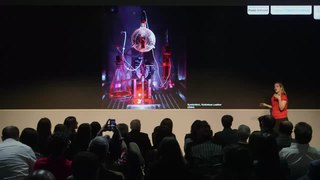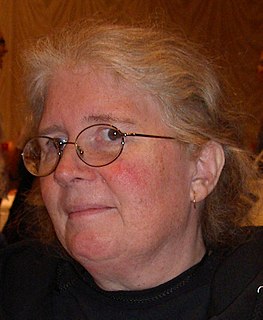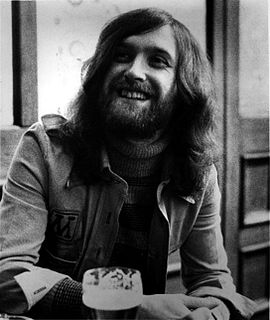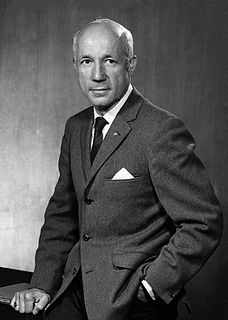A Quote by J.P. Moreland
From space travel to organ transplants, one of the most important influences shaping the modern world is science. Amazingly, people who lived during the Civil War had more in common with Abraham than with us. If Christians are going to speak to that world and interact with it responsibly, they must interact with science.
Related Quotes
Many people correctly make the point that our only hope is to turn to God. For example, Charles Lindbergh, who said that in his young manhood he thought "science was more important than either man or God," and that "without a highly developed science modern man lacks the power to survive," . . . went to Germany after the war to see what Allied bombing had done to the Germans, who had been leaders in science. There, he says, "I learned that if his civilization is to continue, modern man must direct the material power of his science by the spiritual truths of his God."
The remarkable insights that science affords us into the intelligible workings of the world cry out for an explanation more profound than that which itself can provide. Religion, if it is to take seriously its claim that the world is the creation of god, must be humble enough to learn from science what that world is actually like. The dialogue between them can only be mutually enriching.
As a child, I had no interest in science whatsoever - then I started writing and recognized how relevant it was. My first book about science and medicine captured the world of organ transplantation in 1989 from the points of view of all of the participants - scientists, surgeons, social workers, organ recipients and even donor families.
When you say that after World War I there was a pandemic that killed more people than the war itself, most will say: "Wait, are you kidding? I know World War I, but there was no World War 1.5, was there?" But people were traveling around after the war, and that meant the force of infection was much higher. And the problem is that the rate of travel back then was dramatically less than what we have nowadays.
Science was blamed for all the horrors of World War I, just as it's blamed today for nuclear weapons and quite rightly. I mean World War I was a horrible war and it was mostly the fault of science, so that was in a way a very bad time for science, but on the other hand we were winning all these Nobel Prizes.
Back when the concept of organ transplants qualified as science fiction, novelist Maurice Renard wrote a thriller called 'Les Mains d'Orlac.' Call it a bastard offspring of 'Frankenstein;' its plot revolved around the old theme of Science Giving Us Stuff We Shouldn't Have - in this particular case, restoring severed body parts.









































